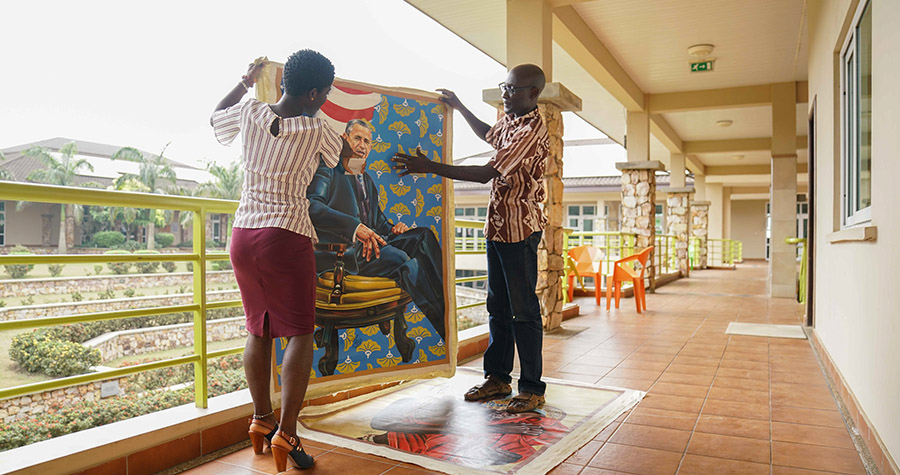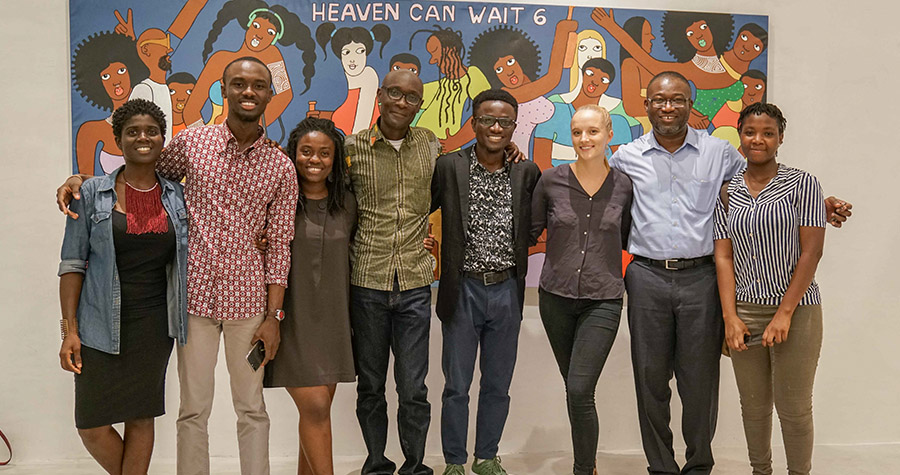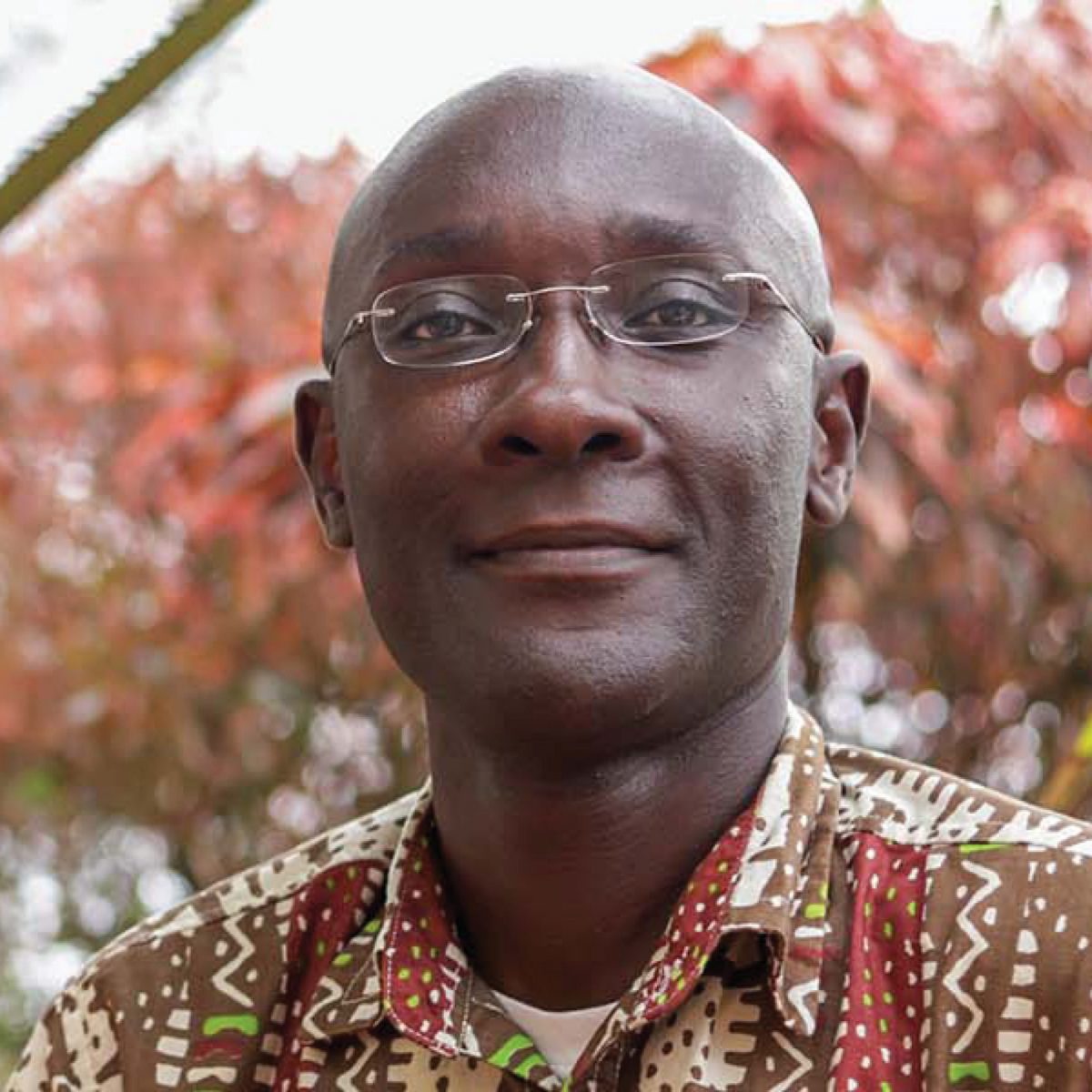 August 31, 2018
August 31, 2018
Walking into Dr. Oduro-Frimpong’s office at Ashesi is like walking into a private museum of Ghanaian popular culture. From the hand-painted ’90s movie posters to the miniature xylophone made in the Northern Region of Ghana, Frimpong’s collection is a visual representation of the diversity that exists in conversations about popular culture in Africa; conversations that Frimpong believes should be better documented and taught.
“Over the years, historical accounts of Africa have mostly revolved around the educated elite and the government, leaving a knowledge gap in matters concerning the broader African society,” says Dr. Oduro-Frimpong, a Senior Lecturer in Humanities and Social Sciences at Ashesi. “This kind of pattern usually results in a one-sided record of history. If we want to capture and understand culture wholly, academics would need to pay critical attention to the lifestyle of ordinary folks.”

In an effort to plug into this gap, Dr. Oduro-Frimpong pushed for the formal establishment of the Center for African Popular Culture at Ashesi in May 2018; a center which he now leads. With support from a small community of stakeholders in the popular culture community, the Center seeks to lead and develop scholarship on African Popular culture; to highlight popular art forms and by extension, popular artists; mentor the next generation of scholars in African popular culture and capture the current and emerging lifeworld of African popular culture. Currently responsible for designing classes on Ghanaian Popular Culture at Ashesi, the Center’s goal is to promote the humanities as a critical component in broadening students’ awareness of the world’s complexity and diversity.
True to form, the center held a maiden conference in August to discuss the cultural impact of late Ghanaian artiste, Ebony. The conference, held in collaboration with the Journal of African Cultural Studies, was a first attempt at promoting discussion on the work of popular cultural icons as an open window into social issues in Africa and gradually highlight their academic relevance.
“Such a focus is crucial because artists equally provide us with vital resources to think through unique Ghanaian issues that impact us; spanning sexuality, religion, and poor infrastructure that is killing people,” says Frimpong. “Yet, we have regarded our artists as ‘concert people’ and their work to be merely entertainment, rather than providing insights into a society’s philosophical values as well as a critique of our various conditions.”

Another key activity that is currently underway is the systematic digitization of Dr. Oduro-Frimpong’s personal collection of popular culture, including over a hundred and fifty Ghanaian hand-painted movie posters, actual barbershop signs, photographs of contemporary Ghanaian obituary posters and vehicle inscriptions. The archive overlaps, yet links with Teju Olaniyan’s digital archive project on African political cartoons and Ato Quayson’s Accra City Project. Thus, the archive is not just a collection but a vital source with a vast theoretical, methodological and institutional footprint.
Partnered with several institutions in South Africa, East Africa, and the USA, the Center is presently exploring funding opportunities establish a permanent facility, host scholars, and artists-in-residence, as well as formal exhibitions of African Popular Culture. The center recently won a $5000 grant from the Consortium for Humanities Centers and Institutes to be used for programming activities.
For Frimpong, who currently serves as Director, the Center for African Popular Culture Studies will be key to the study of the humanities in Africa, with the goal of becoming a leading center in Africa.
Share this story

